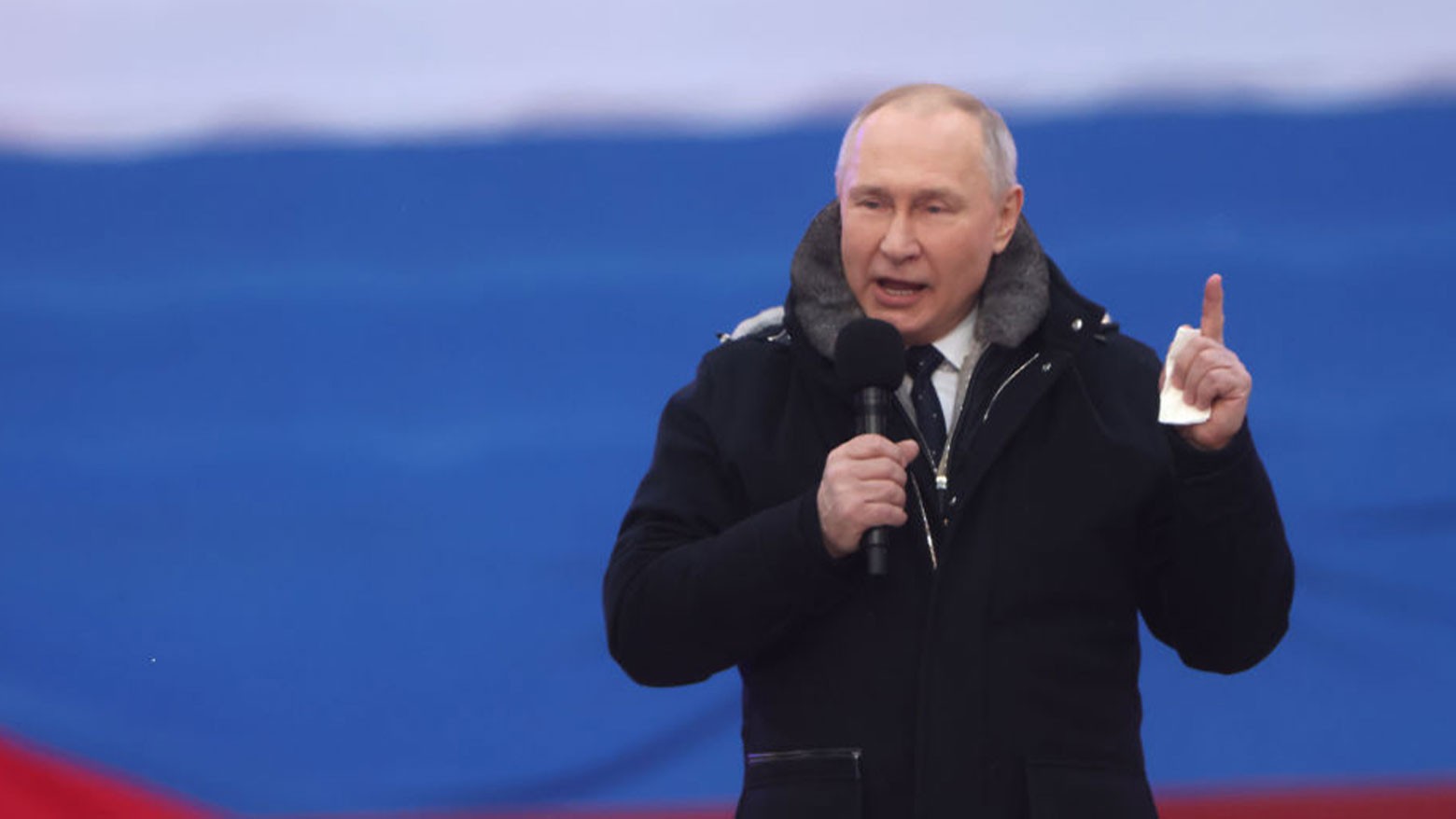Specter of disaster grows
In his speech, delivered to the Federal Assembly in Moscow on February 21, Putin also said Russia is ready to resume nuclear weapons testing if the US does.
Professor Steve Fetter from Maryland University, a nuclear disarmament expert and former White House adviser, says the "risks of catastrophe are higher today than last year, perhaps than ever before, largely due to the unprovoked invasion of Ukraine by Russia and the threats that Putin has issued."
Fetter is especially worried that Russia's suspension of New START — the only agreement between Washington and Moscow — could pose the biggest threat to nuclear disarmament the world has seen in decades.
"It is disturbing to see not yet a collapse, but the possibility of a collapse, in US-Russian arms control efforts, which has been a continuous process over the last 50 years," he says.
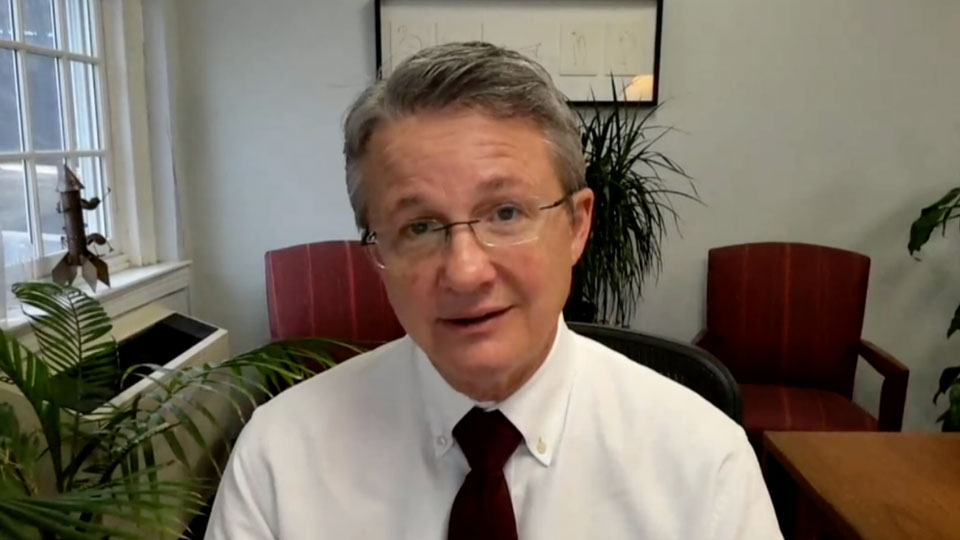
Decades of negotiations
New START caps each countries' strategic nuclear warheads to around 1550. It also gives each side the right to inspect other's nuclear facilities multiple times annually, though that process has been halted since 2020 because of the pandemic and the ongoing war. Without it, there would be no limits and no transparency.
The treaty reflects a decades-long negotiating effort on arms control between the two biggest nuclear powers, which possess more than 90 percent of the world's nuclear warheads.
The original START was signed in 1991 between US President George H.W. Bush and Soviet General Secretary Mikhail Gorbachev, just months before the collapse of the Soviet Union. The two superpowers each agreed to reduce their arsenals from more than 10,000 deployed warheads to fewer than 6000 by 2009.
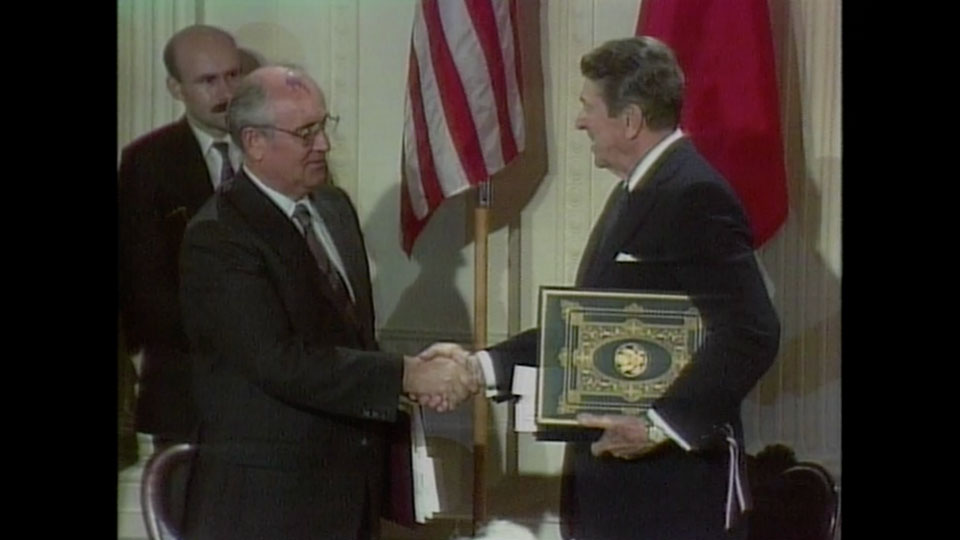
In 2010, US President Barack Obama and Russian President Dmitry Medvedev signed New START. Fetter, who served in the Obama administration at the time said, "there was such a sense of optimism and excitement we could reduce the reliance on nuclear weapons and greatly reduce the nuclear threat they pose, not just to our two countries, but really to the entire world."
Putin made it clear that he wasn't pulling out of the treaty altogether, merely "suspending" Russia's participation. The Russian government has explained it will still adhere to agreed limits on nuclear missiles and keep the US informed about changes to its arsenal. But New START is set to expire in 2026, and Fetter says Washington and its allies must do everything they can to get Moscow back to the negotiating table to discuss a framework for the way forward.
"I'm concerned [Putin] may make another mistake or miscalculation by escalating to the use of nuclear weapons. So I would say while it's not likely, [the risk] is far too high given the enormous consequences that any nuclear attack would have."
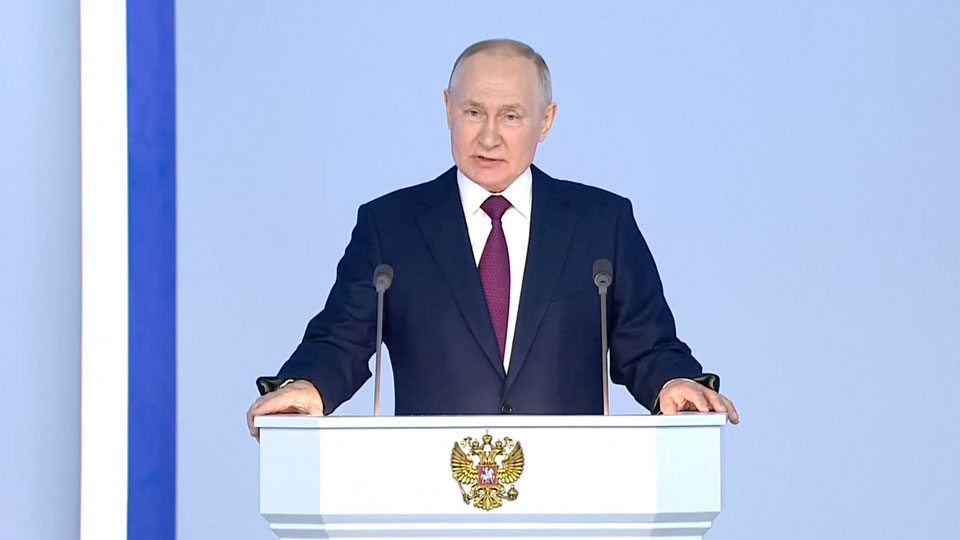
The China complication
Other experts are concerned that Putin's comments may influence a growing nuclear power: China. According to the Pentagon, Beijing now has more than 400 warheads, with a plan to triple that stockpile within the next 12 years.
Sharon Squassoni, an arms control specialist and international affairs research professor at George Washington University, says that poses a new threat to disarmament: "I guess the Chinese have decided that they need more forces ... because of developments they find threatening in the United States."
She also points out Beijing may see the escalating tension between Washington and Moscow as a reason to continue to build up an arsenal.
"China for many years declared that when the US and Russian forces dropped down its numbers, then it would be prepared to engage in arms control," she says. "So the fact that the US and Russia are kind of stuck at the moment means, I suppose they consider themselves off the hook."
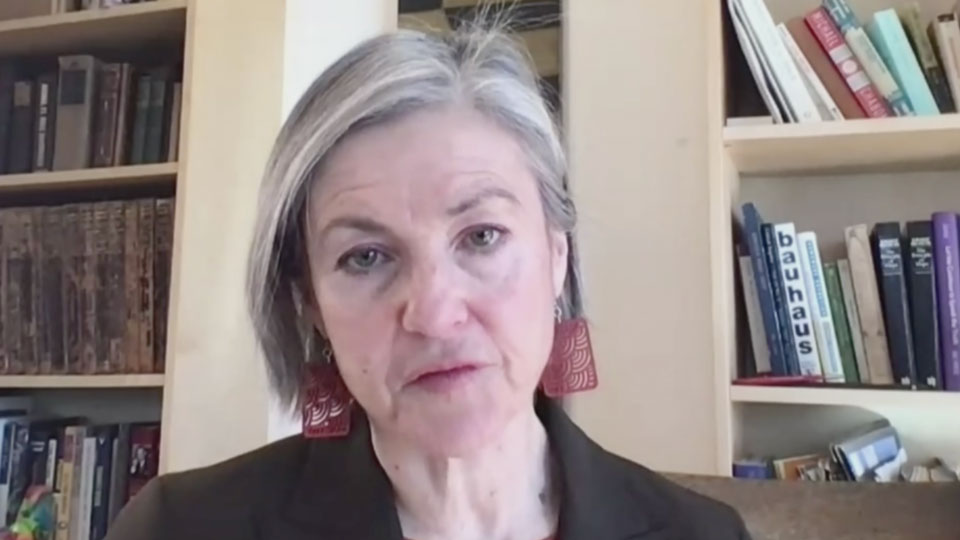
Stalemate stands in the way
The US, NATO, and its allies reacted sharply to Putin's decision to suspend the nuclear arms control pact, issuing pleas to the Russian leader to reconsider. But with Putin blaming the West and Ukraine for what he describes as a "special military operation," a stalemate exists that stands in the way of negotiation and dialogue.
